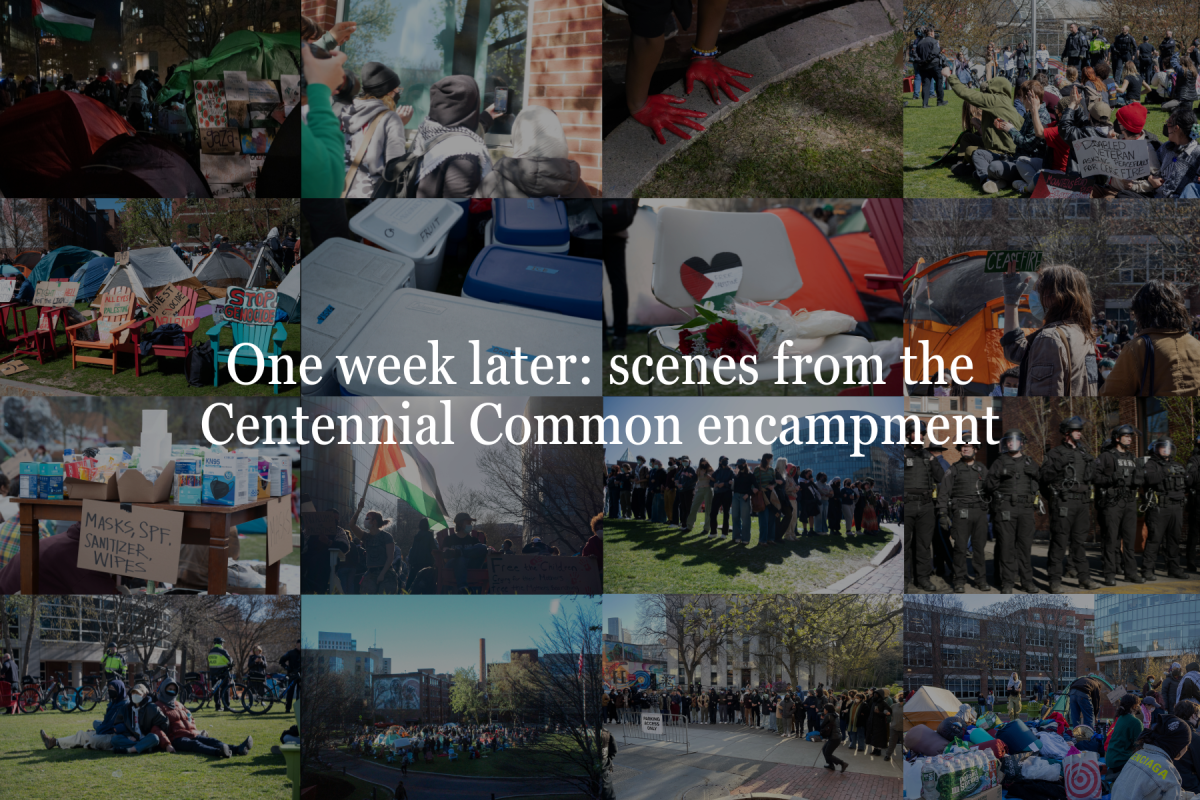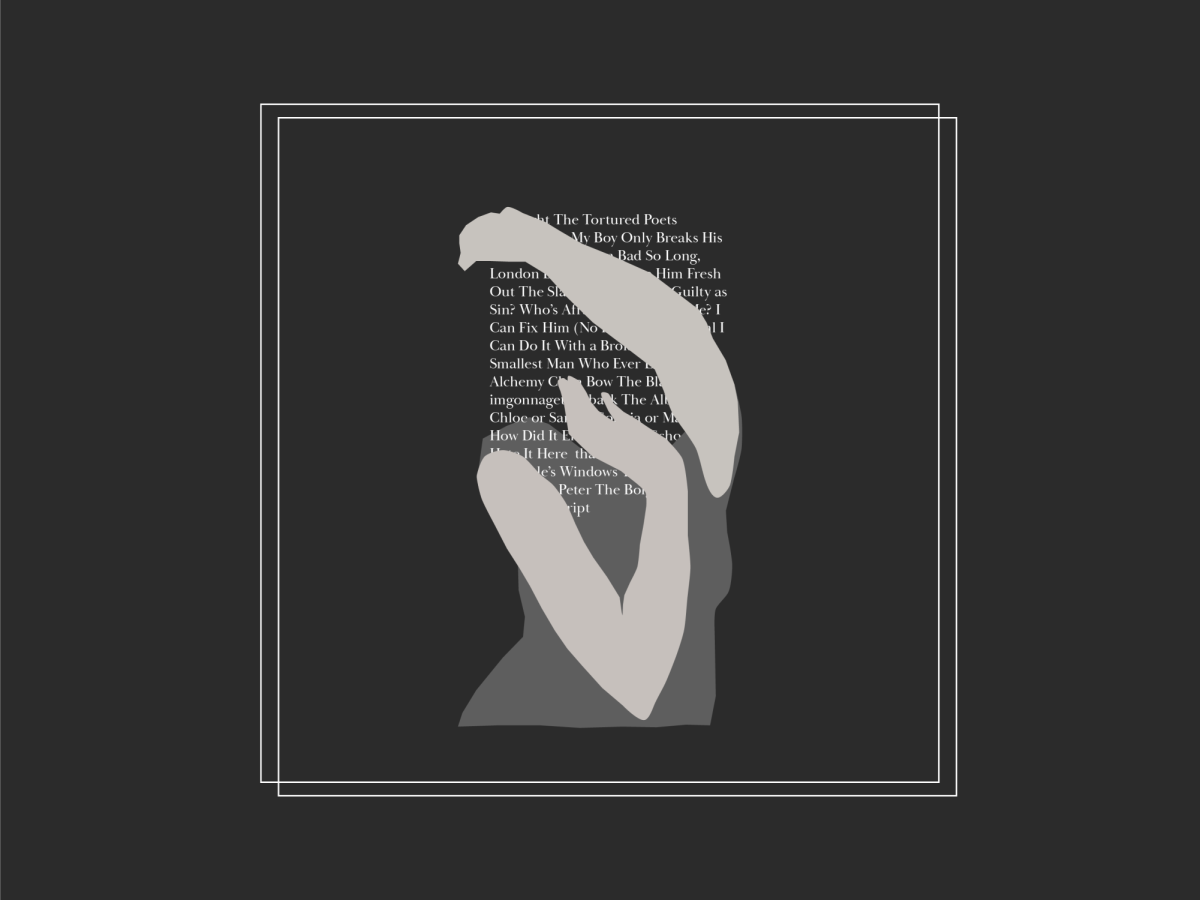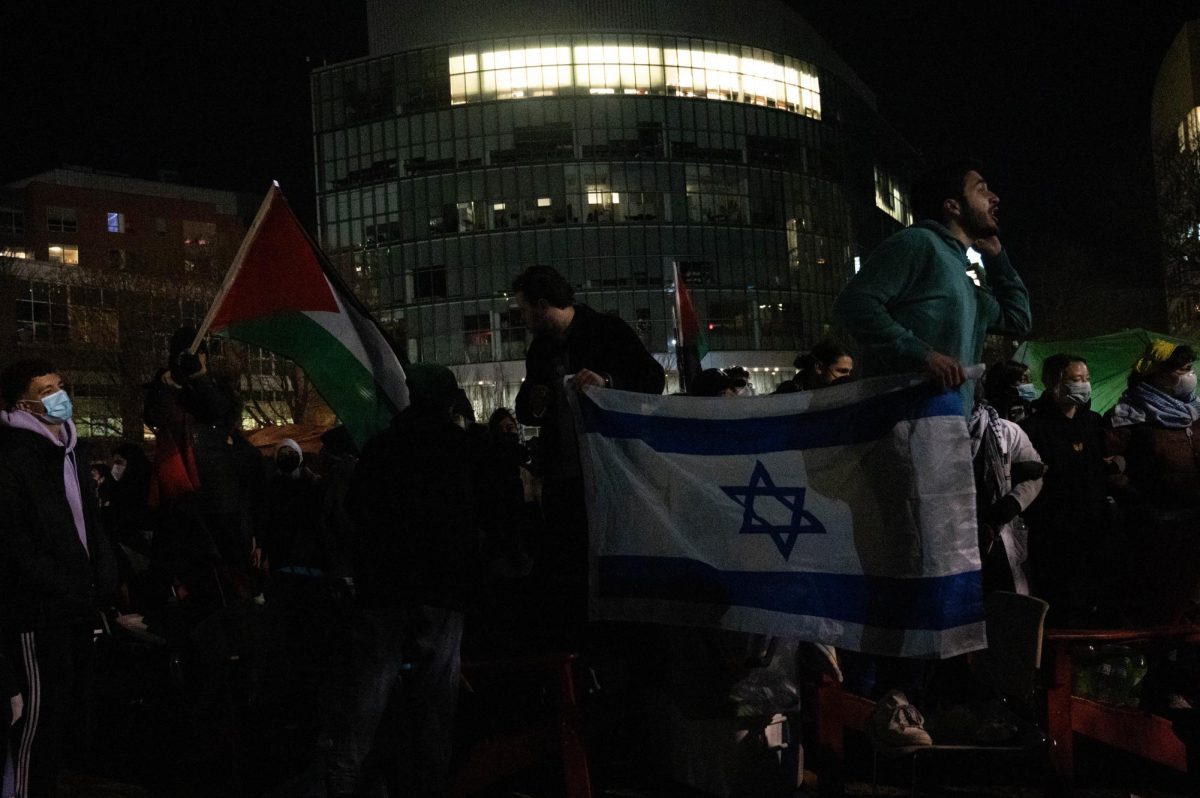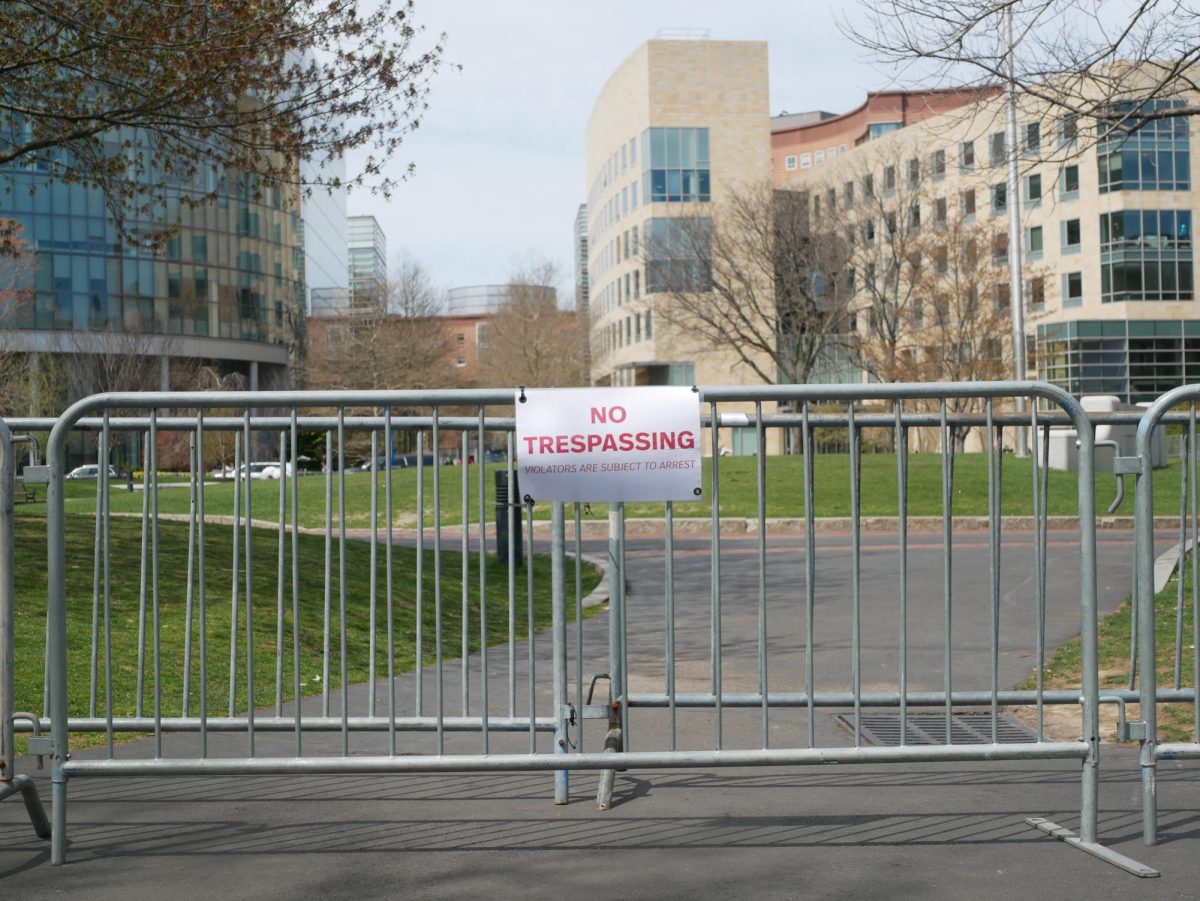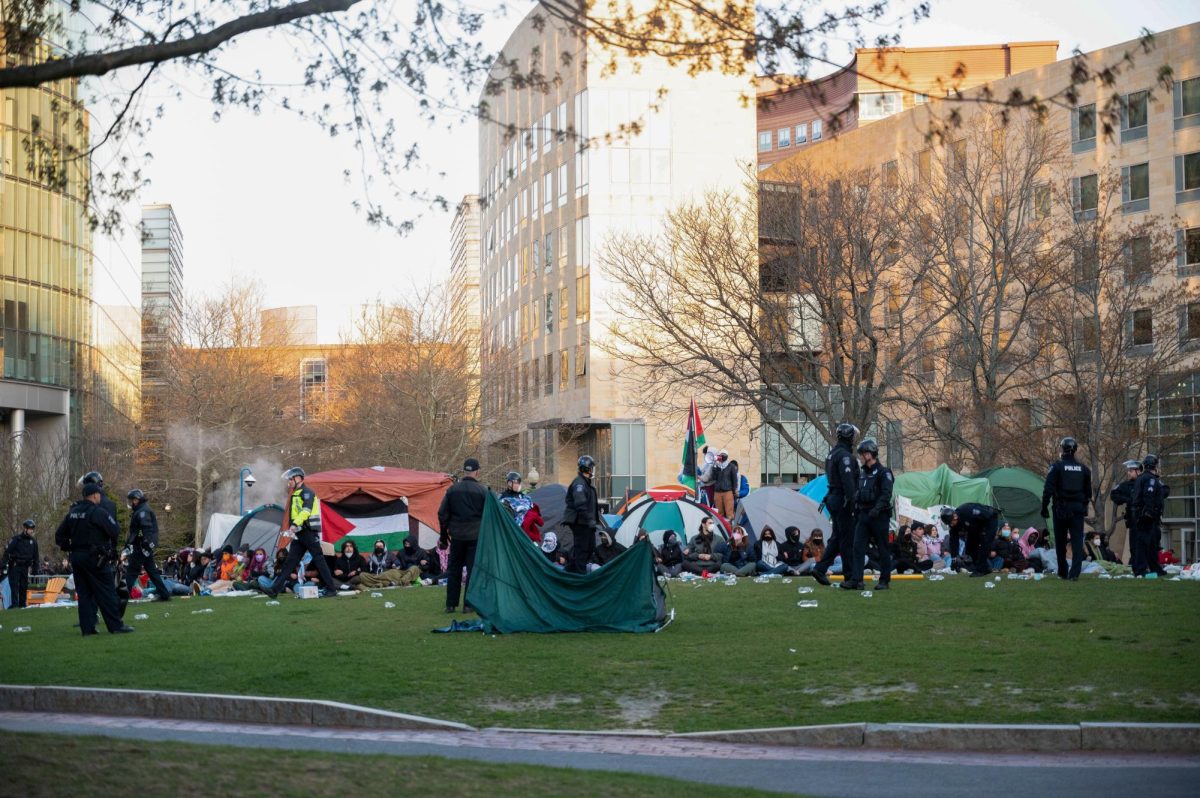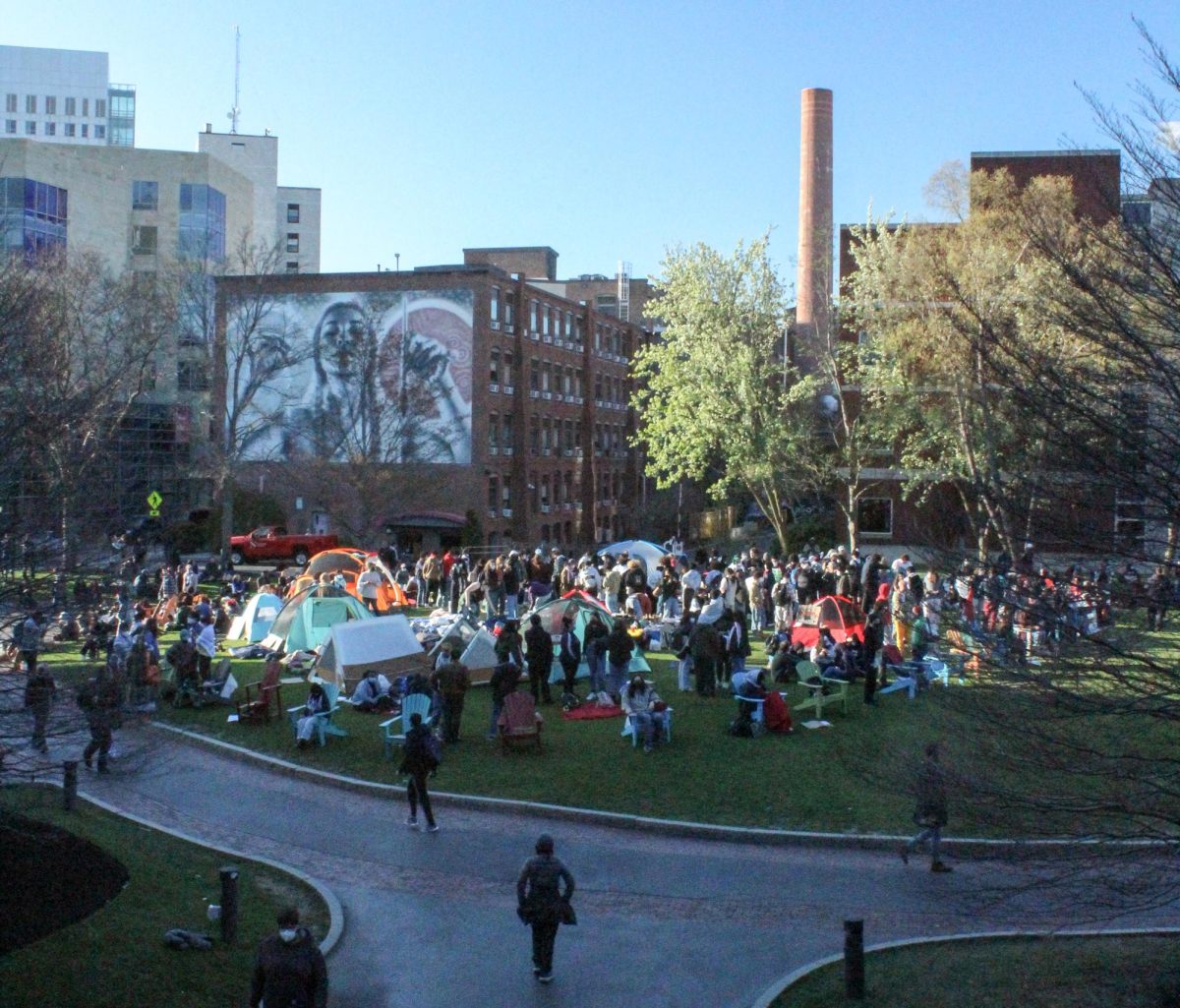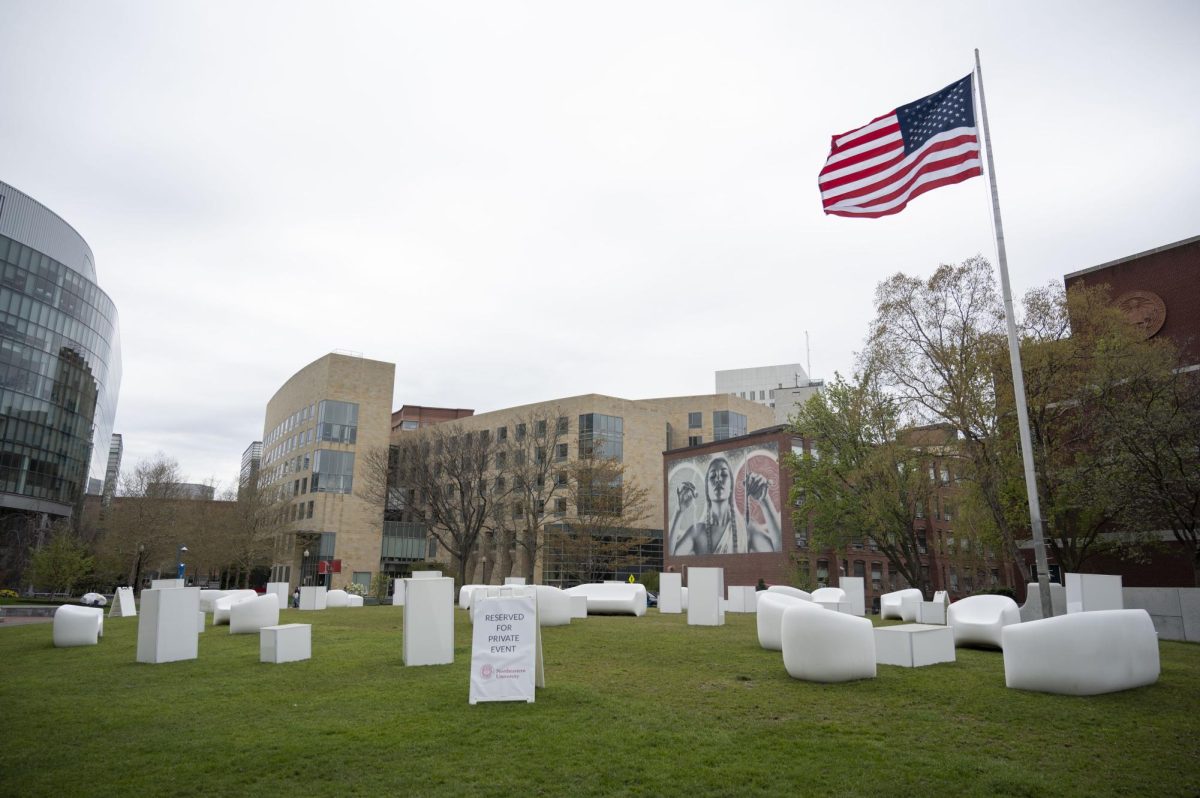Following the debate that has been unfolding in the op-ed pages of The Northeastern News, I was reminded of the line in Thomas Friedman’s “From Beirut to Jerusalem” where he quipped that when discussing the Arab-Israeli conflict people generally go insane. I have been following, with no small amount of sadness, how a piece of commentary, which ostensibly began as an effort to provoke discussion and debate, has created a vortex of emotionally charged accusations of calumny, defamation and outright treachery, protests of righteous indignation and a general retreat into ossified positions, and a tit-for-tat exchange of personal attacks and character assassinations. As rightfully pointed out by one of the contributors, addressing the conflict is a perilous task. Few other issues of contemporary concern seem quite so fraught with personal connectedness and communal pain. Even the most elementary tasks, such as labeling dates on a timeline, can spark a heated debate. Anyone who tackles the primary questions related to ‘right’ or ‘wrong’ risks running afoul of the countless competing (and conflicting) ‘truths’ for which thousands have fought and died.
Moreover, as was also pointed out, the most difficult issues are often those that bubble up within groups whose collective histories of tragedy and trauma leave no member without a hidden wound and raw nerve. The instinct to keep the dirty laundry locked up has evolved over generations of persecution and non-acceptance, where being too public, too visible – not just with one’s opinions – but with one’s mere identity, could have fatal results. No wonder the response to public dissent is a swift, summary judgment levied on the messenger as well as the message.
Nevertheless, these dialogues must take place, and they must take place within groups as well as between peers, and they need to be accessible to the general public. Progress and reconciliation require talk and tolerance.
Understanding begins with allowing space to those perspectives and opinions with which you least agree. On a most basic level, how can you be sure of what you truly believe without being confronted by that with which you most certainly disagree?
A central objective of the liberal arts education is to learn to think critically, respond diplomatically and build the skills necessary to conquer the marketplace of ideas in addition to the marketplace. If intellectual risks can’t be taken on the pages of the student newspaper then where can they be taken – and where is the hope for future dialogue. It is my sincere hope that the contributors to this debate will continue their discussion – but continue it on the substance of the issues, and conduct it in an atmosphere of curiosity and respect. Moreover, it is my private hope that not only will they have the courage to continue this debate in print, but discuss them in person as well.
– Allison Hodgkins is an adjunct lecturer in the political science department and a Ph.D Candidate at the Fletcher School of Law and Diplomacy.


